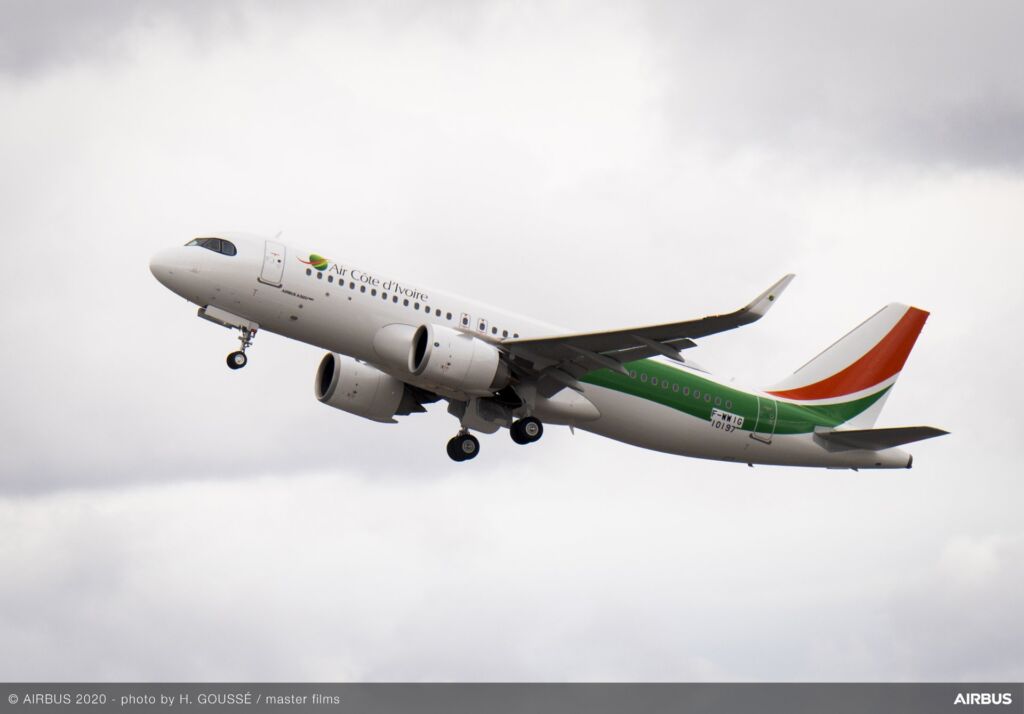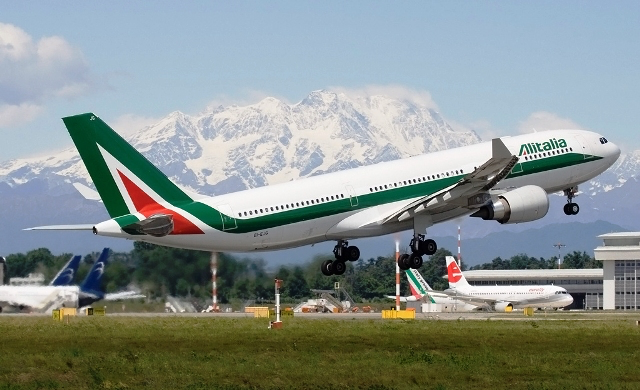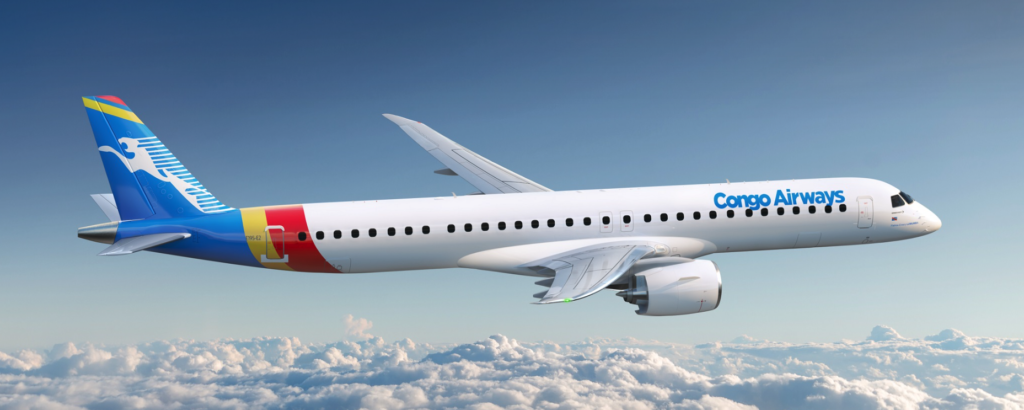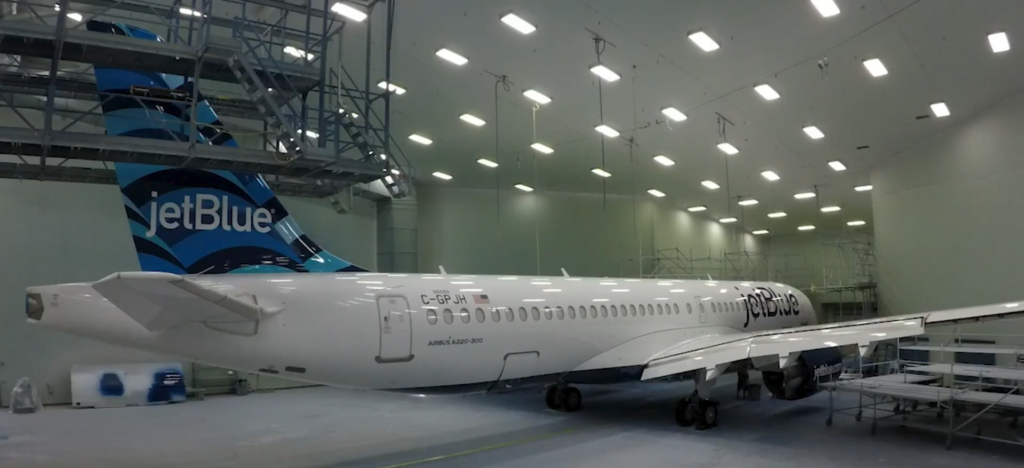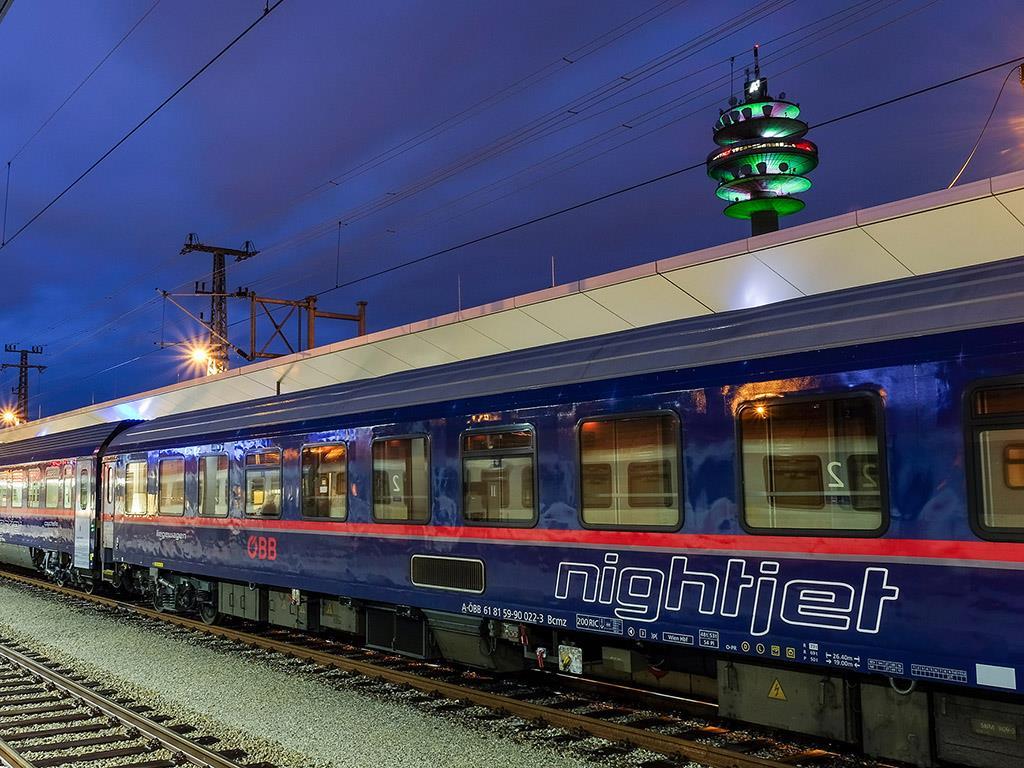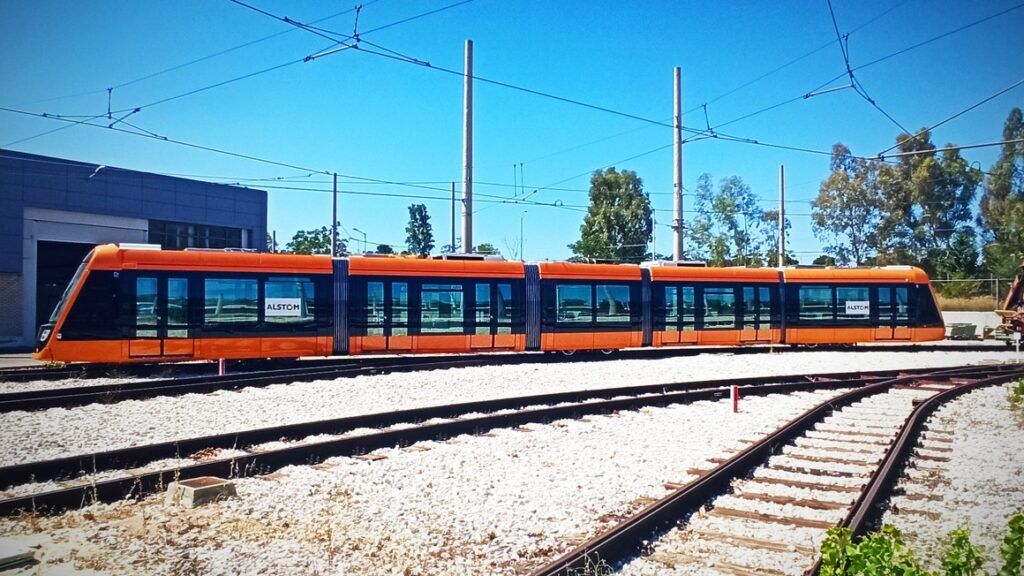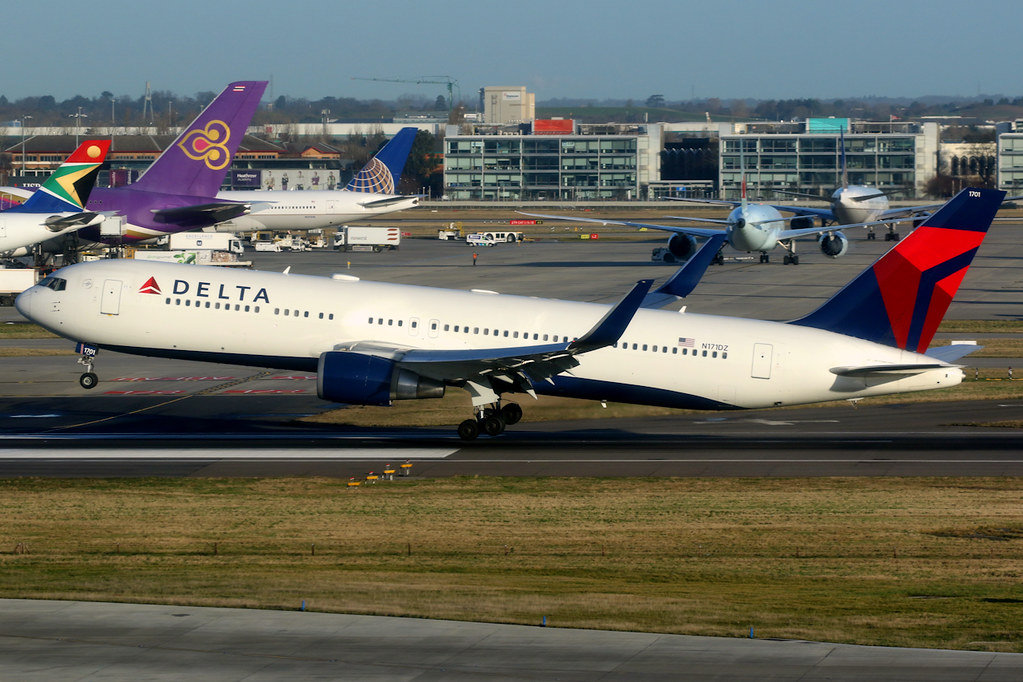Air Côte d’Ivoire Receives its First Airbus A320neo
Toulouse, 18 February 2021 – Air Côte d’Ivoire, Ivory Coast’s flagship carrier based in Abidjan, has taken delivery of its first A320neo, becoming the first operator of the type in the West-African region. This latest generation aircraft…
